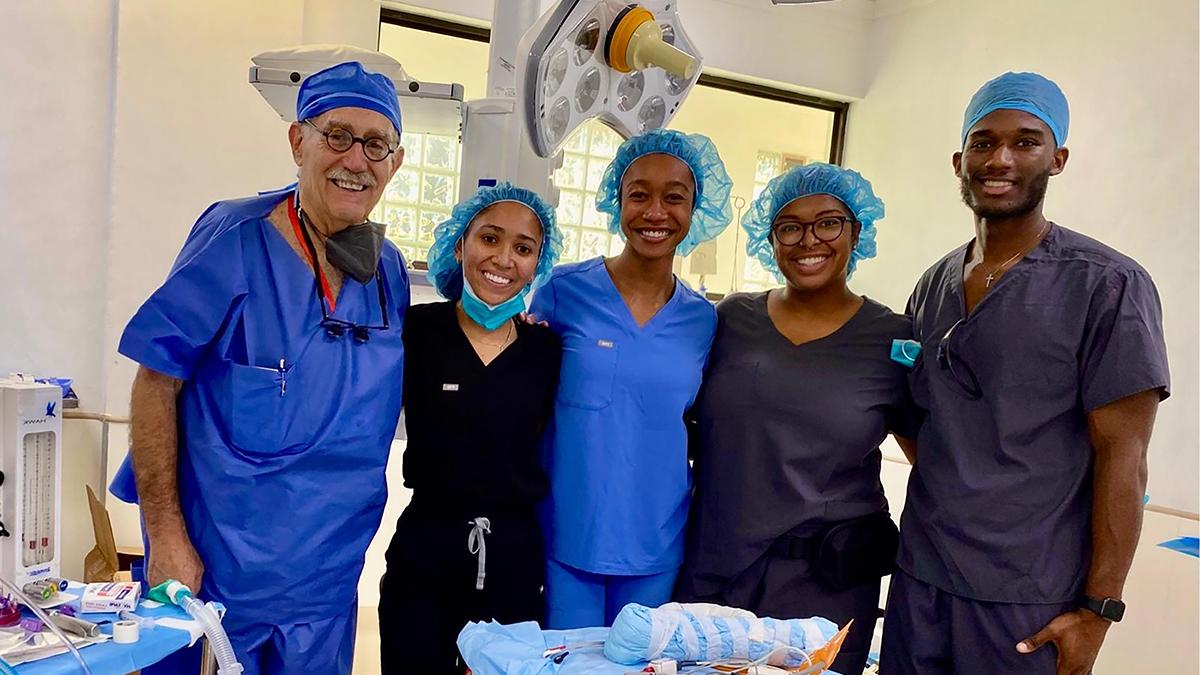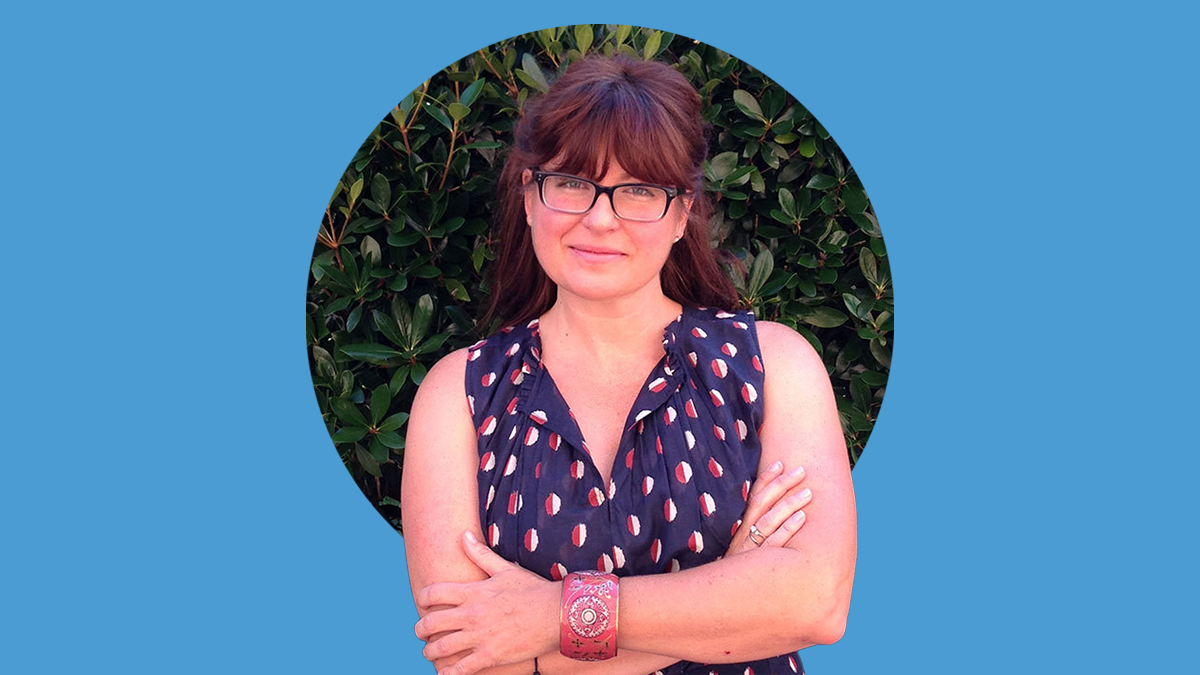Pharmacy school launches leadership course in Ethiopia
The program focuses on building the skills of pharmacy administrators to improve patient care.

The UNC Eshelman School of Pharmacy, in partnership with Addis Ababa University and the co-director of the UNC-Ethiopia Alliance, Benyam Muluneh, recently launched a leadership program for pharmacy administrators in Ethiopia. Led by pharmacy faculty members Michael Stepanovic, Kathryn Morbitzer and Stephen F. Eckel, the pharmacy administration and leadership short course training program is designed to enhance pharmacy administration and leadership skills within Ethiopia’s dynamic health care sector.
“After a recent visit from pharmacy students, and a discussion with Dr. Muluneh, we realized hospitals are underutilizing trained clinical pharmacists,” said Eckel. “In an effort to counter that, this leadership training program is focused on growing the abilities of pharmacy administrators, with the long-term hope that these skills will assist in the growth of clinical pharmacy.”

UNC Eshelman School of Pharmacy faculty members Michael Stepanovic and Stephen F. Eckel conducted workshops and lectures focusing on pharmacy administration and leadership in September in Addis Ababa, Ethiopia. (Submitted photo)
The program commenced with an in-person kickoff in September in Addis Ababa, where Stepanovic and Eckel conducted workshops and lectures focusing on pharmacy administration and leadership. The training aims to empower participants with the ability to navigate and drive change effectively, articulate the importance of mission statements and strategic planning, and build proficient teams to achieve collective goals. Participants will also learn techniques for engaging and empowering colleagues, exhibit effective communication skills, adapt leadership approaches based on personal values and strengths, design comprehensive business plans and manage the entire employee lifecycle from recruitment to coaching.
“Since launching the pharmacy administration and leadership short course in September, the response has been overwhelmingly positive. Participants are actively engaging with the content and collaborating with their peers, which bodes well for the long-term impact of this program on pharmacy practice in Ethiopia,” Stepanovic said.
Upon completion, participants will receive a certificate and a digital badge from Credly. The program consists of in-person sessions at the beginning and end, with monthly synchronous virtual sessions. The course will culminate in a closing workshop in May. This training marks the second iteration of the pharmacy administration and leadership short course, following a successful program conducted at Monash Health in Australia.
“The hope of this course is that this is just the beginning” Eckel said. “With the goal of repeating it as frequently as the demand is there, we can grow the leadership skills of Ethiopian pharmacists such that practice is advanced, and patient care is better because of better utilization of these well-trained pharmacists.”
This initiative represents a significant advancement in pharmacy leadership education in Ethiopia, aiming to foster professional development and enhance pharmacy practice on a global scale.
The program includes 44 students from a diverse array of institutions and organizations, reflecting the wide-reaching impact and collaborative nature of the initiative. These institutions include Addis Ababa University, Tikur Anbessa Specialized Hospital, Addis Ababa University School of Pharmacy, the Ethiopian Food and Drug Authority, St. Paul Hospital Millennium Medical College, the Armauer Hansen Research Institute, the Federal Ministry of Health, the Ethiopian Pharmaceutical Association, the Addis Ababa Health Bureau, Haramaya University, Wolaita Sodo University, Hawassa University, Gondar University and Mekele University.







